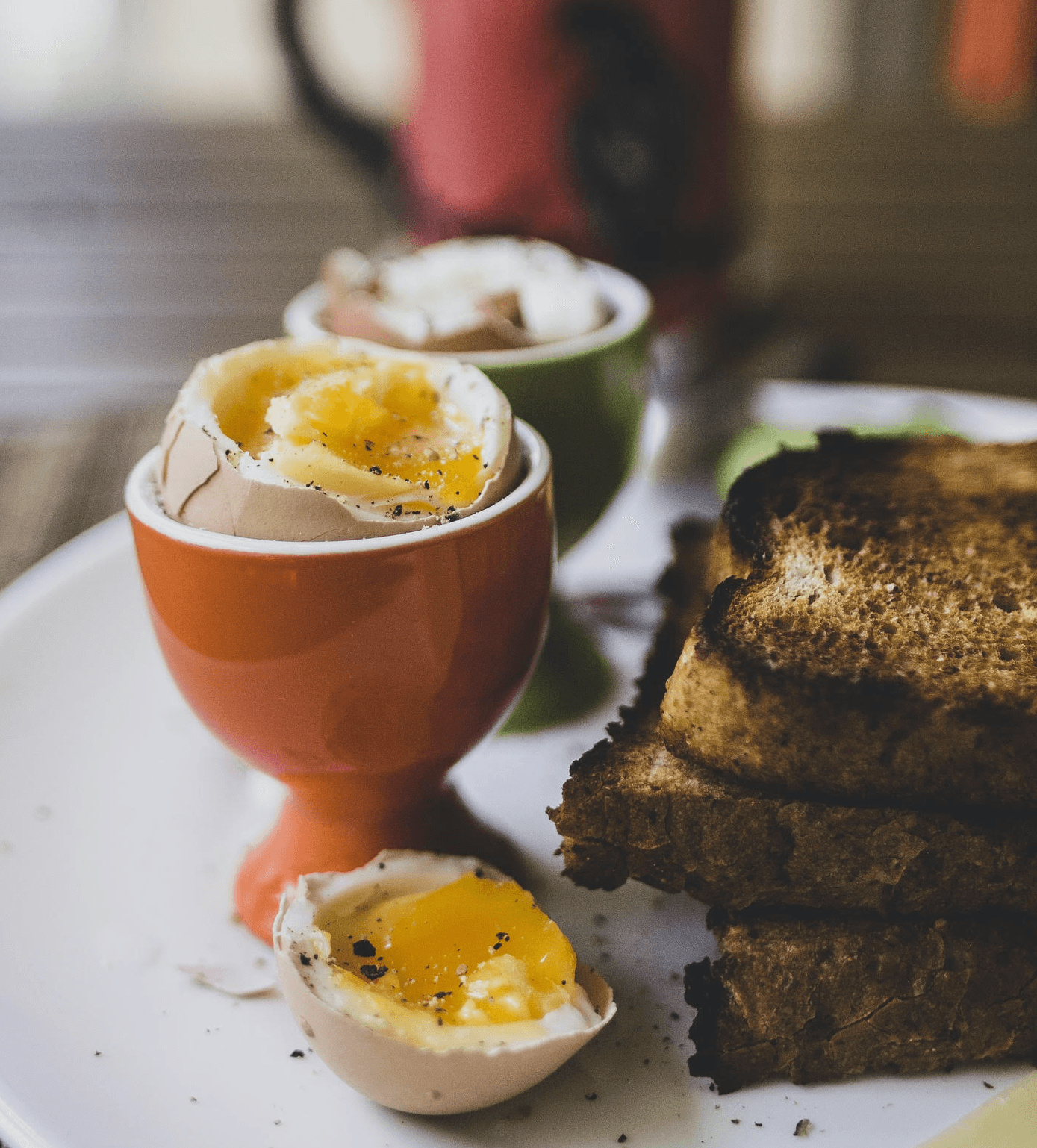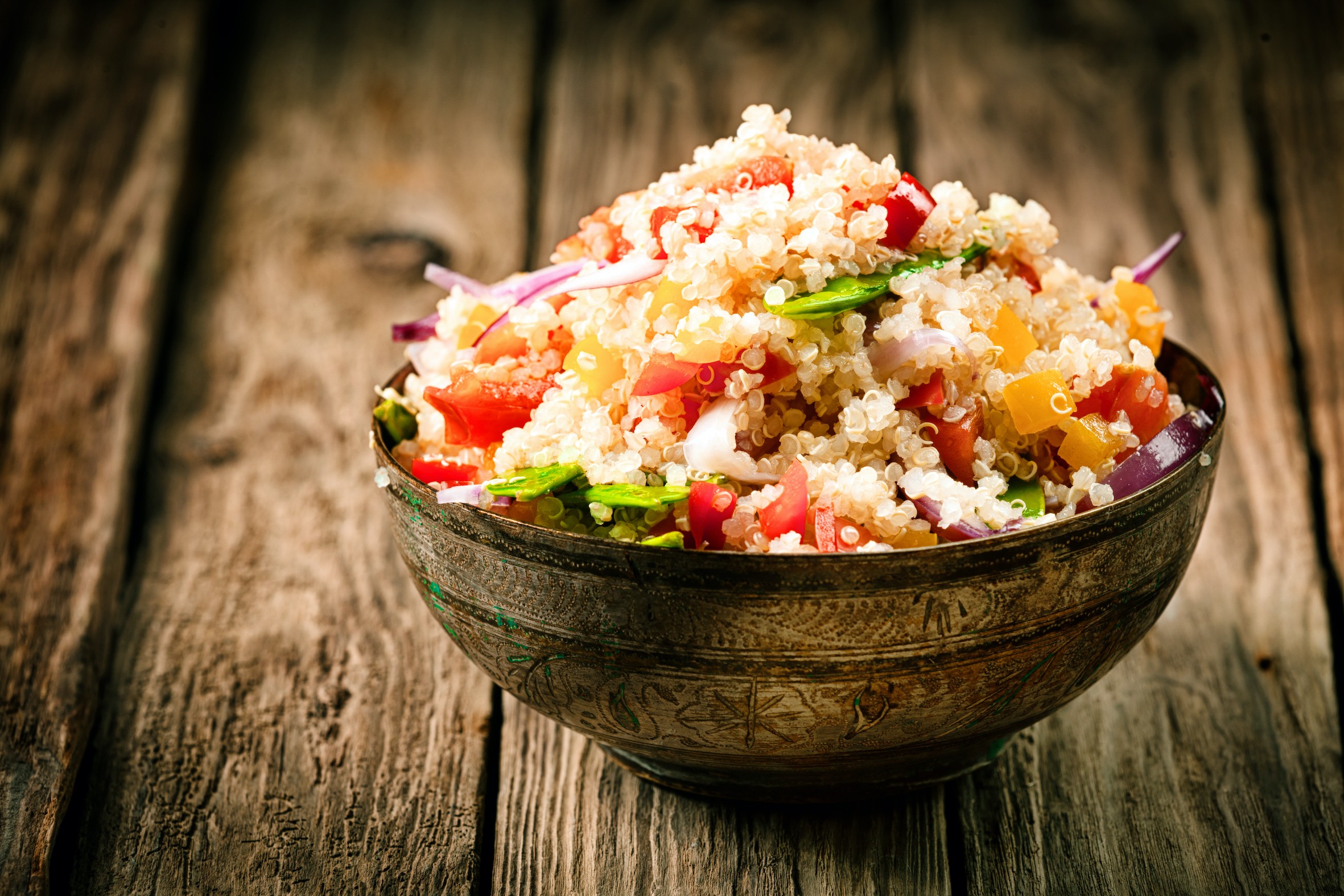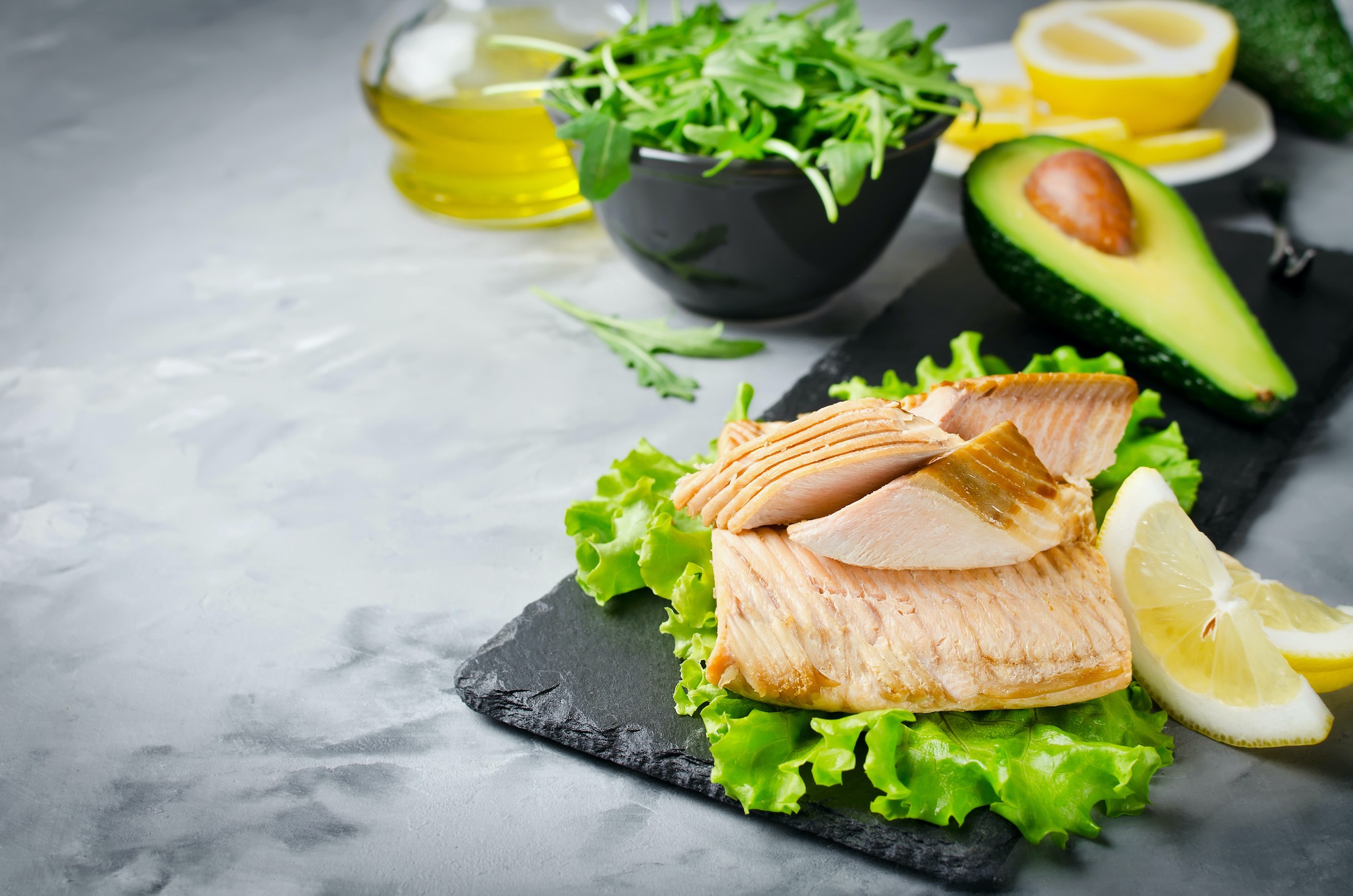Fuelling your post workout recovery
Nothing can beat that exhilarating feeling of completing a good workout, but if muscle soreness and aching joints follow for days afterwards, it can definitely dampen your enthusiasm to do it again. Not only that, but those aches and pains can slow your recovery time, hinder your fitness gains and potentially cause injury from overdoing it - not to mention the knock in confidence that comes along with all that. Tissue inflammation is the root cause of these post-workout issues, so tackling that is crucial to preventing pains and aiding recovery. One of the most simple ways to reduce inflammation is to ensure adequate nutrition post-workout.
How should I be refuelling?
Depending on the time of day you choose to work out, you may decide to have a full meal or just a snack - what is most important is that you are refuelling correctly. That means including a source of high-quality protein, complex carbohydrates and healthy fats. It’s also a disproven myth that you need to be consuming your post-workout refuel within 30 minutes of exercising; it is now commonly accepted that eating within 2 hours of your workout is perfectly fine for the majority of people (1). Now that has been covered, let’s take a closer look at the components of your post-workout meal:

High-quality protein
Our muscles are built up of small layers known as fibres, primarily made from protein. When we exercise, the muscle fibres are essentially ‘torn’, which triggers muscle breakdown. As such, they require protein in order to reduce inflammation, repair and rebuild (2). Proteins are made up of smaller molecules called amino acids, which are the nutrients required for building new muscle tissue and for reducing muscle breakdown. Both plant and animal-based proteins are effective for muscle synthesis but animal-based are more effective, due to their higher digestibility and amino acid content (3), but choose either depending on your dietary preferences - just be sure to include a source of protein to aid optimum recovery. Some high-quality sources of protein include:
Chicken
Salmon
Eggs
Beans
Pulses
Natural or Greek yoghurt
Nuts and seeds
Single ingredient protein powders

Complex carbohydrates
Carbohydrates are broken down into glucose, which is stored in the body as glycogen. When we exercise, our body uses stored glycogen for energy to fuel our workout. The rate at which glycogen is depleted depends on the type of exercise you do, with intense aerobic activity (such as running) using up stores faster than activities like weight lifting (4). As such, it is important to replenish glycogen stores by consuming carbohydrates after your workout. But be picky about your carbohydrate choice, as simple carbs like sugar may give you a quick pick-me-up, but can wreak havoc with your blood sugar balance. Instead, choose more slowly digested carbohydrates which will keep your blood sugar stable but provide your body with the glucose it needs - and don’t forget to include fruits and vegetables, which provide carbohydrates but also act as a source of hydration (5), which will no doubt be needed post-workout! Some good options for post-workout carbs include:
Sweet potato
White potato
Wholemeal bread
Brown rice
Quinoa
Porridge oats
Dark, leafy green vegetables
Fruits

Healthy fats
Fats are incredibly important in our diet, required for functions such as hormone production, protection of organs, energy storage and aiding the absorption of the fat-soluble vitamins A, D, E and K (6). When included as part of a meal, they also slow down nutrient absorption, which can be useful for avoiding blood sugar spikes. Some types of fatty acids, such as omega-3’s, have also been shown to be effective at aiding muscle repair and reducing DOMS (delayed-onset muscle soreness) post-exercise through their anti-inflammatory mechanisms. Some options for healthy fats to include in your post-workout meal include:
Avocado
Oily fish (salmon, herring, sardines, mackerel)
Flaxseeds
Olive oil
Chia seeds
Nuts and nut butters
And lastly, for an additional anti-inflammatory boost to your post-workout refuel, you can include a source of curcumin, such as turmeric, which has powerful anti-inflammatory properties and is generally absorbed better when consumed with a source of fat (7). Saying that, curcumin is only present in about 3% of turmeric, and incorporating it within your diet in the right quantities, isn't always possible to really make a difference. To add to that, ingredients like turmeric are poorly absorbed by our body. This is why Maya (our founder) created Deflame, to access key anti-inflammatory nutrients in the right quantities, using latest technology, for better absorption and enhanced recovery!
So there you have it, a simple guide to creating your post-workout refeed! In my next article, I’ll be making things even easier by using this guide to provide you with some simple but delicious, and of course perfectly balanced, post-workout meal and snack inspiration - so keep your eyes peeled.
References:
Aragon, A.A., Schoenfeld, B.J. 2013. Nutrient timing revisited: is there a post-exercise anabolic window? Journal of the International Society of Sports Nutrition, 10, 5
Ivy, J.L. 2004. Regulation of muscle glycogen repletion, muscle protein synthesis and repair following exercise. Journal of Sports Science and Medicine, 3 (3), 131-138
Berrazaga, I. et al. 2019. The role of the anabolic properties of plant- versus animal-based protein sources in supporting muscle mass maintenance: a critical review. Nutrients, 11 (8), 1825
Murray, B., Rosenbloom, C. 2018. Fundamentals of glycogen metabolism for coaches and athletes. Nutrition Reviews, 76 (4), 243-259
BUPA UK. 2018. 10 water-rich foods that will help you stay hydrated. Available at: https://www.bupa.co.uk/newsroom/ourviews/ten-water-rich-foods-hydration (Accessed: 13th November 2020)
British Nutrition Foundation. 2020. Fat. Available at: https://www.nutrition.org.uk/nutritionscience/nutrients-food-and-ingredients/fat.html (Accessed: 13th November 2020)
Nagpal, M., Sood, S. 2013. Role of curcumin in systemic and oral health: An overview. Journal of Natural Science, Biology and Medicine, 4, 3-7

